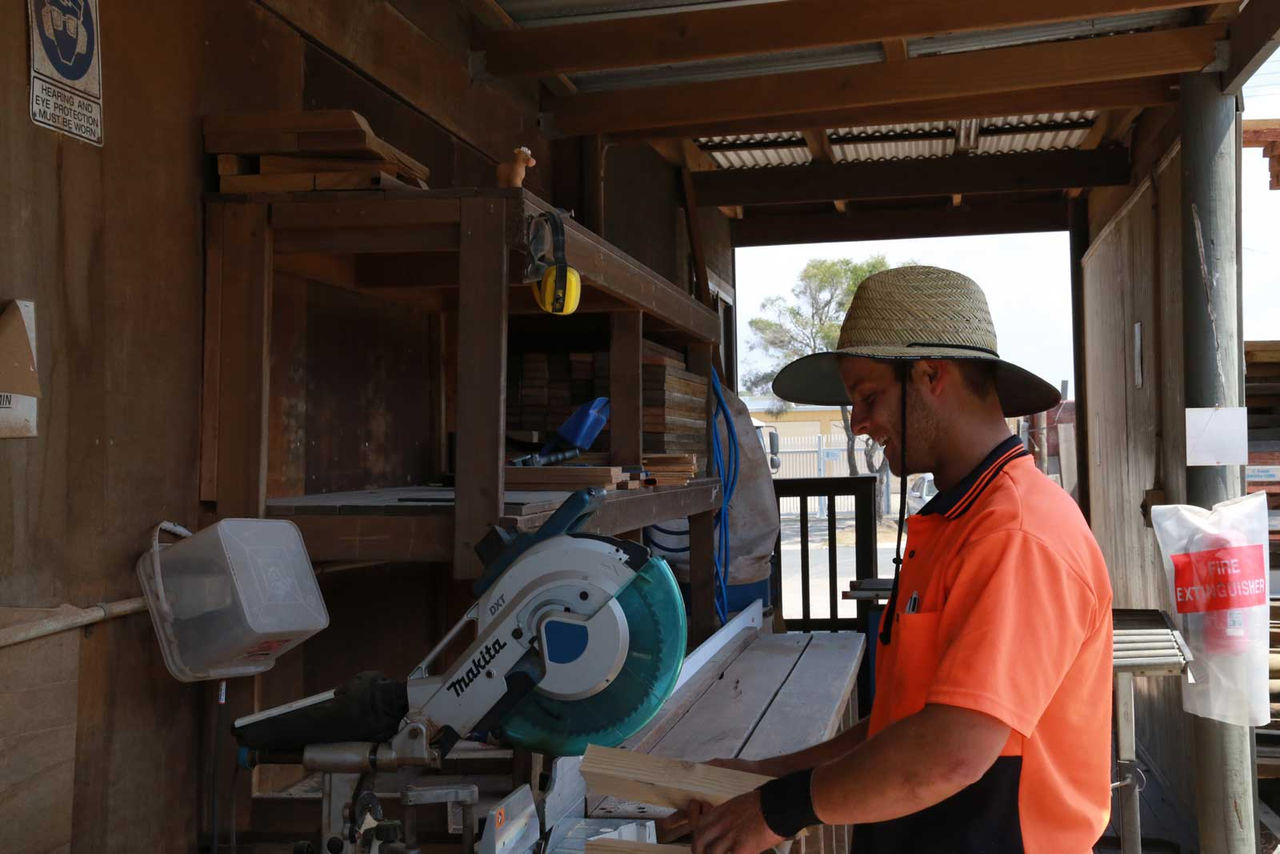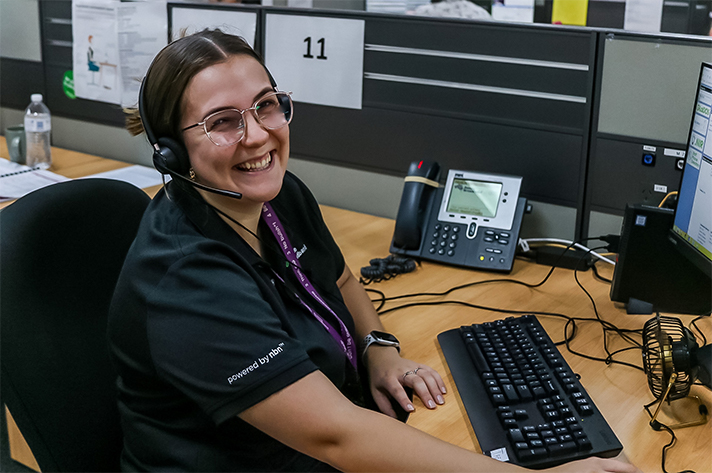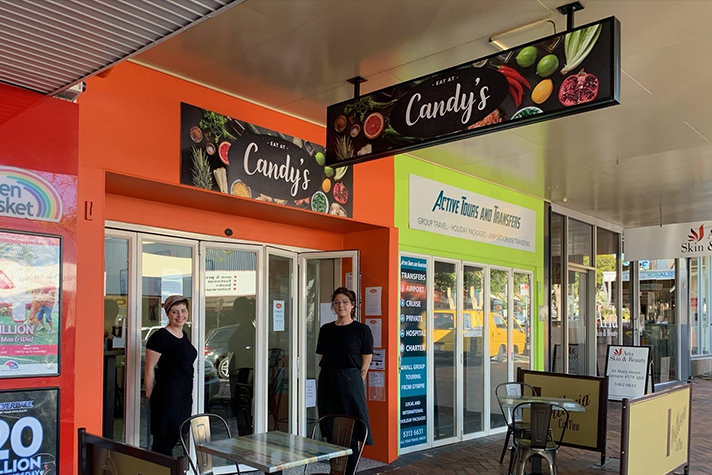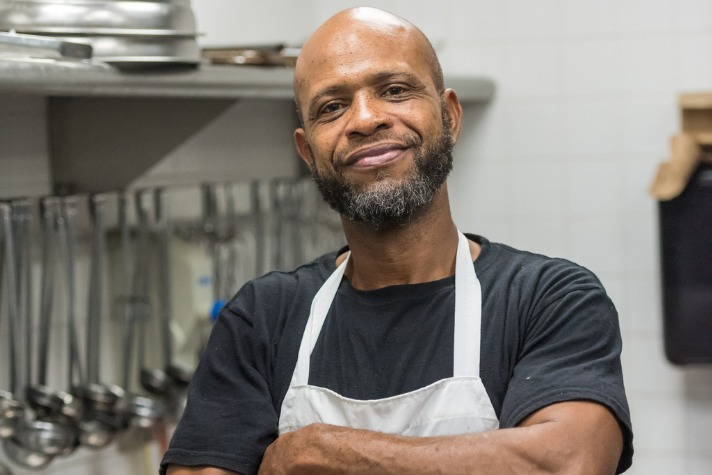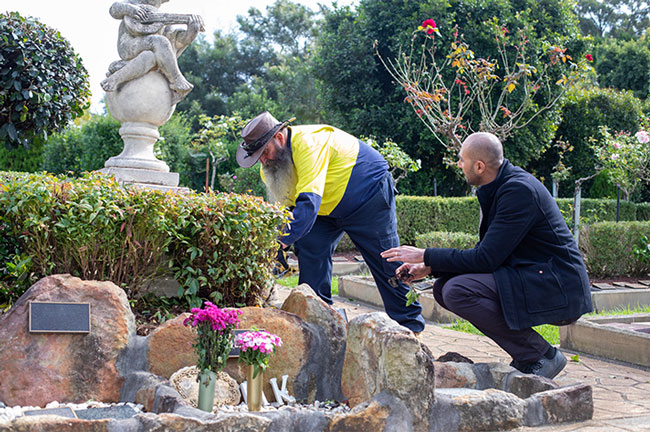Now Eamon’s back at school … as an after-school care educator!
Published by MAXSolutions on November 21, 2019
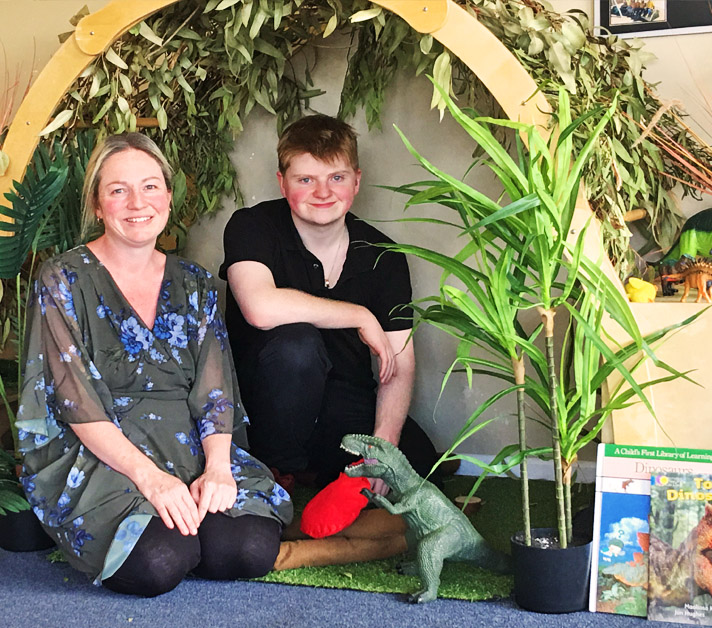
When a pile of résumés landed on Kellie Bruce’s desk, she had a job vacancy headache.
As Director of the Gunn Street OSHC (Out of School Hours Care) service in Bridgewater, Tasmania, she needed someone able to relate to school-aged children, with the creativity to keep their attention and the stamina to keep up with them.
When MAX Solutions spoke to Ms Bruce about her recruitment requirements, the team knew 19-year-old Eamon Winger, a recent ‘graduate’ of the SLES (School Leaver Employment Supports) program could be the perfect fit.
For candidates with an autism diagnosis like Mr Winger, there’s the risk of being judged purely on social skills, which would be on display at an interview.
MAX placement consultant Amanda Porter says this is a common barrier facing people on the spectrum.
“For people who leap straight into the job market, they are able to prove themselves,” Ms Porter said.
“But for people on the spectrum, they struggle to jump that first hurdle and don’t get that same chance to prove their worth upfront.
“Eamon has a very high work ethic – he shows up on time and does what he needs to do, with clear instructions.”
Because it was his first job opportunity, she wanted to thoroughly prepare him for the interview.
“He thought about questions that might be asked, and we practiced the answers,” Ms Porter said.
“We talked about suitable interview attire, and I attended the interview with him.
“I also prepped Kellie (the centre director) in advance and explained Eamon’s disability, and his capabilities.
“I was so happy when he was offered a role on her team.”
Mr Winger said as a school-leaver, he had ambitions to work in a childcare setting but did not know where to start.
“I felt nervous when I began the SLES service about 12 months ago,” Mr Winger said.
“I was quiet, I wasn’t engaged and stayed in my shell.
“I often wore headphones to calm myself.
“Through the SLES program and the group support I began to understand what participating in a workplace involved.
“It improved my confidence, and I got better at staying on task and completing my goals.”
Since getting the role as OSHC educator, Mr Winger said the support he received from MAX was critical to breaking down employment barriers.
“I often need verbal questions or instructions written down, otherwise I go blank and forget what I want to say,” he explained.
“Before I started, I was really scared of doing the wrong thing or being given a task but forgetting what it was.
“There was one time my mum asked me to hang out the washing when it was done.
“I went over and over it in my head, but when the washing was done, I couldn’t remember if I was meant to hang it out or put it in the dryer.
“I put it in the dryer, which wasn’t right!”
Mr Winger has a motto he lives by.
“My friend told me this and I really like it – even if you believe you can’t do it, there is always someone who believes you can,” he smiles.
Centre director Ms Bruce said her young charge is doing well and is eager to learn.
“Eamon works two afternoons a week with us, and he’s settling in well,” she said.
“He’s still learning and is asking all the right questions!
“He’s always smiling and chats to everyone and most importantly, he’s been well-received by the children.
“We’re now focused on getting Eamon enrolled into his Certificate III Education and Care so he can progress in the sector and develop his skills for the future.”
Tags
Found this useful?
Help and advice
Our blogs are about helping people seek the information that they need for their steps in the workforce.


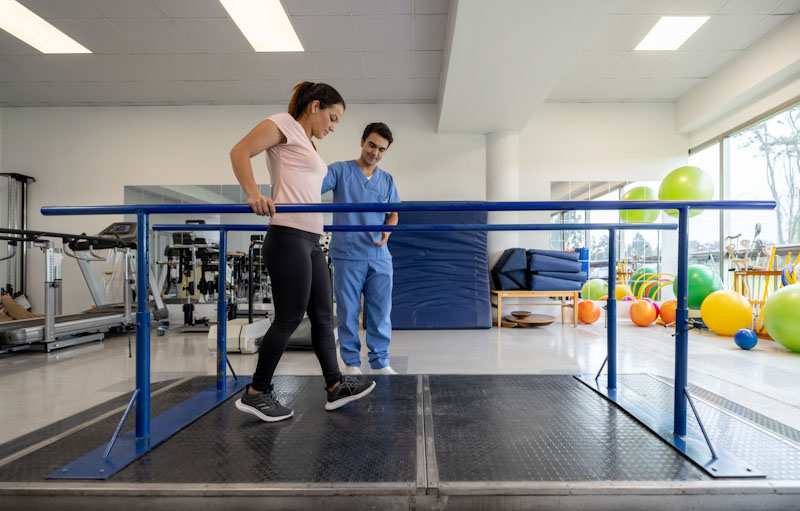

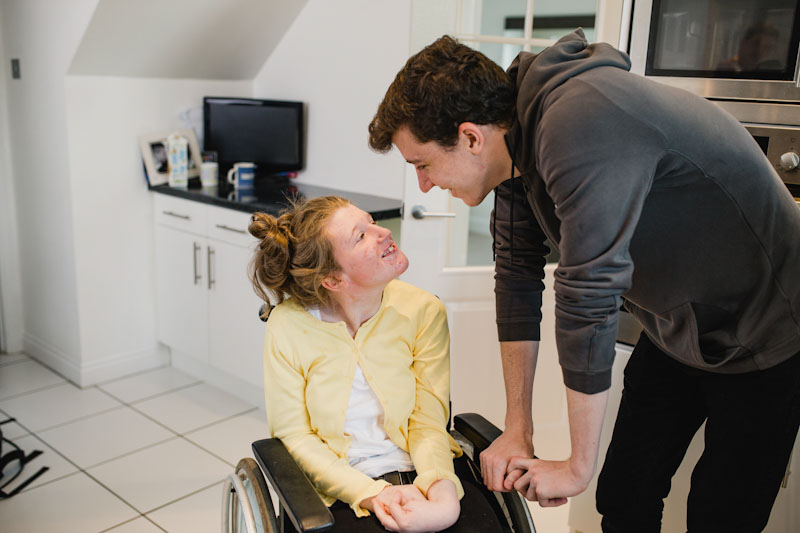

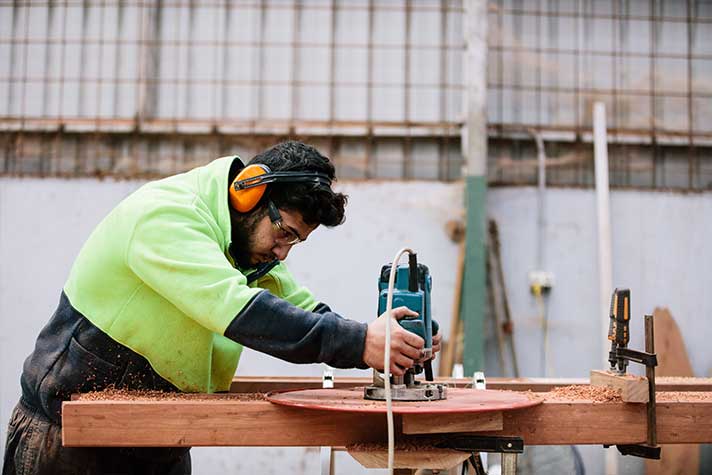

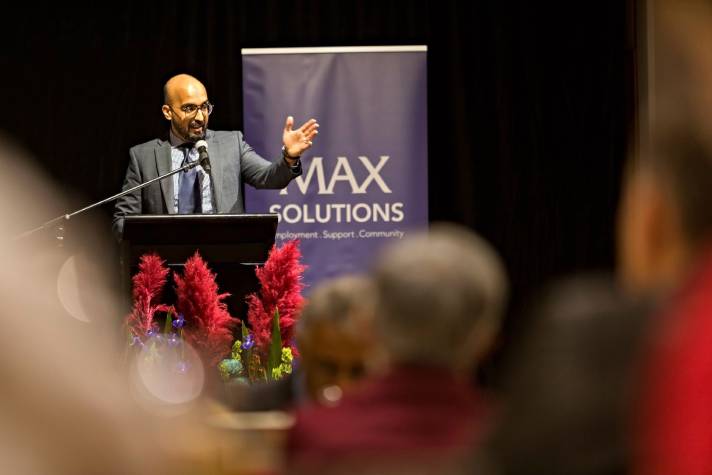





_1.jpg)




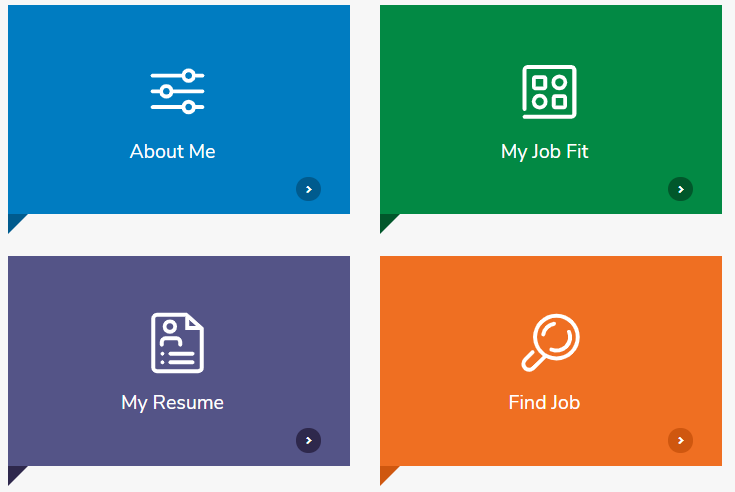




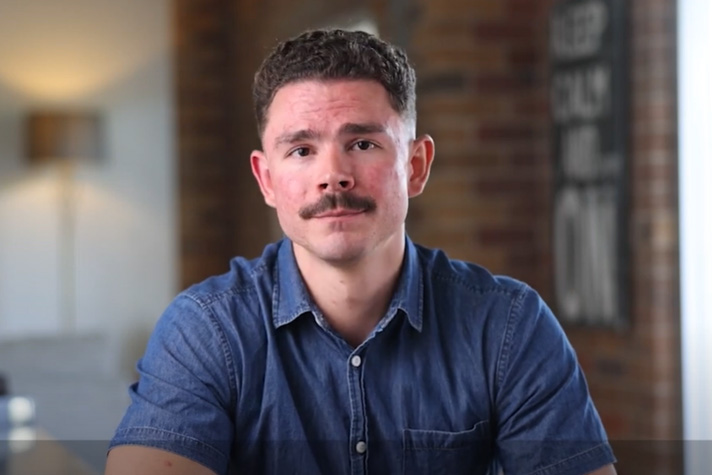
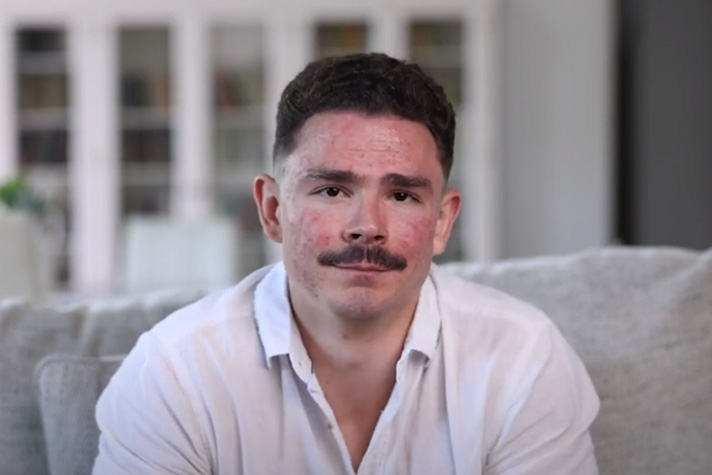
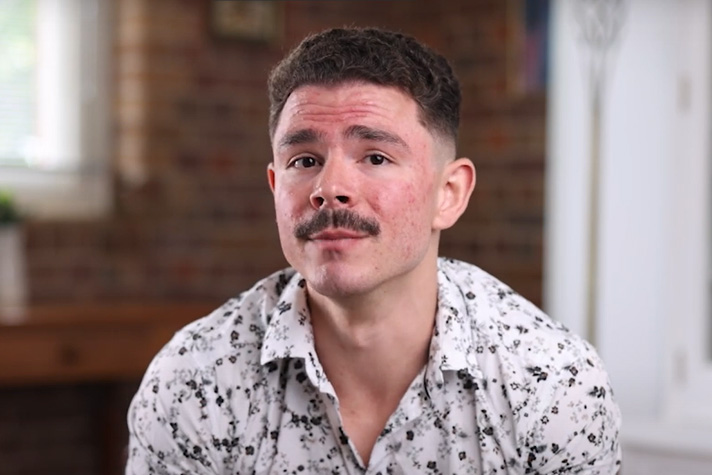
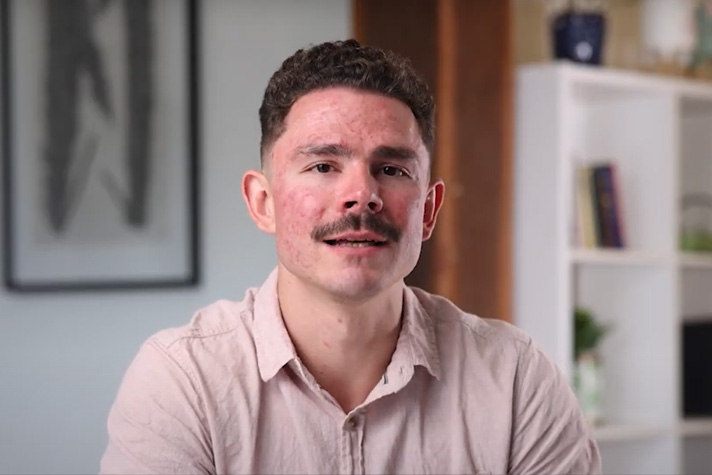
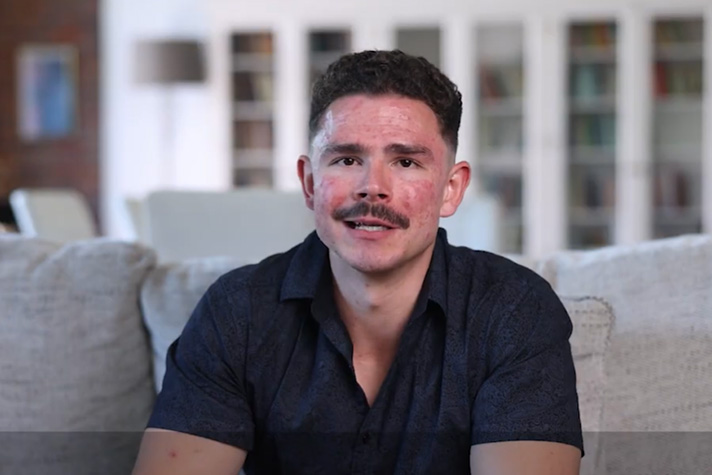



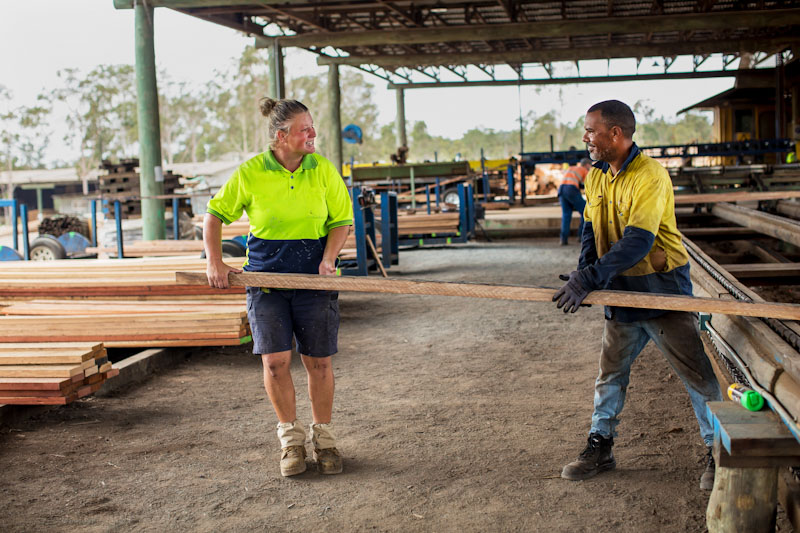
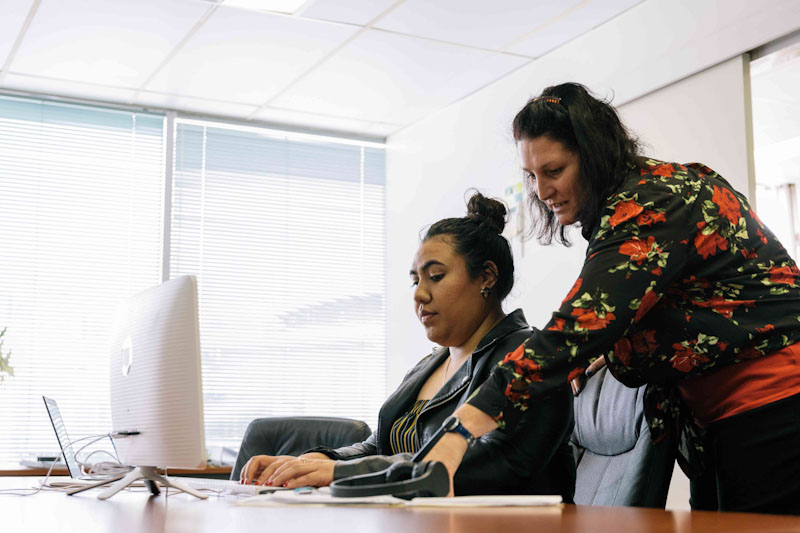


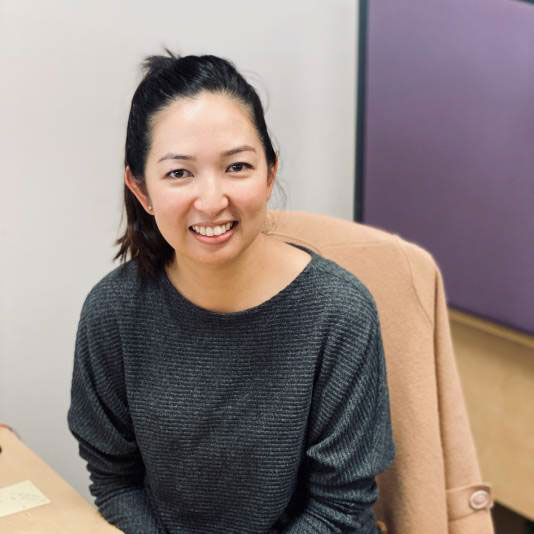


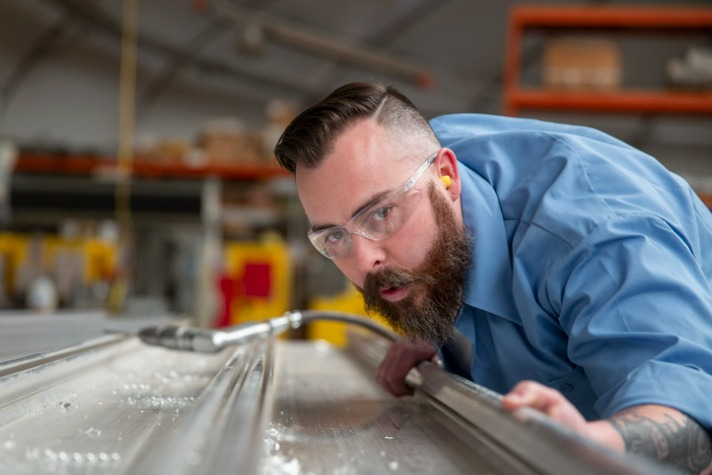

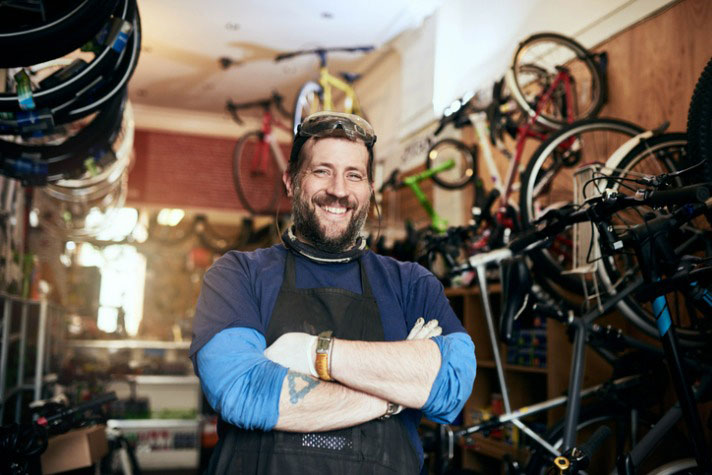


.jpeg)
